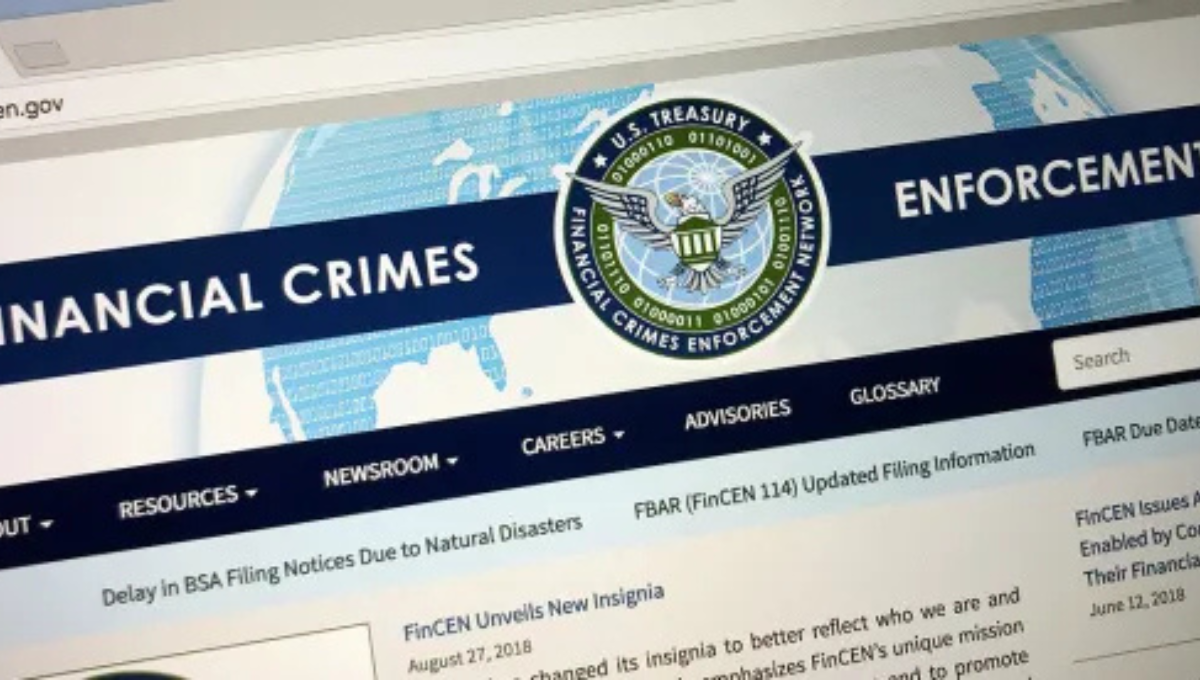The Financial Crimes Enforcement Network (FinCEN), an agency under the U.S. Department of the Treasury, has formally proposed a two-year delay in the effective date of its investment adviser anti-money laundering (AML) rule. Originally scheduled to take effect on January 1, 2026, the proposal seeks to postpone the rule’s implementation until January 1, 2028. This move comes amid ongoing considerations to reconsider and refine the rule’s scope and design in coordination with the Securities and Exchange Commission (SEC).
Background and Purpose of the AML Rule
The AML rule finalized in 2024 marked a significant development in the regulation of investment advisers, defining certain registered investment advisers and exempt reporting advisers as “financial institutions” under the Bank Secrecy Act. This classification subjects advisers to AML requirements, including establishing risk-based AML programs, filing suspicious activity reports (SARs), and maintaining related records. The original timeline provided advisers with just over a year to prepare for broad compliance obligations aimed at combating money laundering and protecting the financial system. However, the recent delay will give these firms additional time to navigate the complexities of new regulatory demands.
Details of the Proposed Delay
FinCEN’s proposed amendment is narrowly tailored; it solely addresses the timing of the rule’s effectiveness, without altering its substantive provisions. The agency states that this postponement creates an opportunity to reduce unnecessary or duplicative regulatory burdens and to ensure that the AML rule strikes an appropriate balance between cost and benefit for advisers. This suggests that while the rule’s fundamental goals remain intact, FinCEN is open to further substantive amendments before implementation.
The delay proposal is part of FinCEN’s broader reassessment strategy, aligned with the current administration’s regulatory approach, emphasizing proportionality, efficiency, and cost-benefit considerations across multiple sectors. There is also an acknowledgment that additional changes may be proposed through separate rulemaking processes, potentially requiring further comment periods and even extensions of the effective date depending on the amendments.
Coordination with SEC and Related Rules
The AML rule is closely linked with another proposal jointly advanced by FinCEN and the SEC—the customer identification program (CIP) rule for investment advisers. This CIP rule remains pending and has not yet been re-proposed. Given the intrinsic connection between the AML and CIP requirements, most industry observers expect the two agencies to coordinate future rulemaking efforts. However, no definitive timeline for the CIP rule’s reconsideration or implementation has been announced, adding another layer of uncertainty for advisers.
Industry Impact and Advisers’ Preparedness
The two-year delay offers regulatory relief to investment advisers by extending the preparation period for compliance with these comprehensive AML obligations. Advisers now have until 2028 before the AML rule becomes effective. However, FinCEN has emphasized that the delay does not diminish the importance of the rule’s objectives or the necessity of an AML framework tailored to diverse adviser business models.
Advisers are advised to continue their preparatory efforts despite the delay, as FinCEN expects the AML framework to be finalized with potential substantive changes. The agency’s recent communications underscore its commitment to addressing illicit finance risks and national security concerns related to the investment advisory sector.
Public Comments and Next Steps
FinCEN has opened a 30-day public comment period following the notice of proposed rulemaking. Stakeholders are invited to provide input on the delay, the scope of the existing rule, and considerations related to regulatory burdens and cost-benefit balance. The expedited comment period reflects the limited scope of the proposal but ensures that affected firms can voice their views on the timing and potential adjustments.
FinCEN’s proposal to delay the investment adviser AML rule’s effective date to January 2028 provides critical breathing room for advisers facing substantial compliance challenges. While the substance of the rule remains unchanged, the delay highlights ongoing regulatory reassessment and the likelihood of further amendments. Advisers should remain vigilant and engaged in the regulatory process and continue to prepare for eventual compliance once the rule is finalized.


